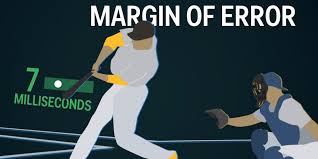Tuesday, 23 January 2018
The Mere Presence of Your Smartphone Reduces Your Cognitive Capacity

An article entitled “Brain Drain: The Mere Presence of One’s Own Smartphone Reduces Available Cognitive Capacity”, published by Adrian Ward and his colleagues in April 2017, suggests that smartphone owners’ cognitive capacities may be reduced by the mere fact of knowing that their devices are close at hand.
Ward’s study included nearly 800 subjects, all of whom were smartphone users. They were asked to perform a series of tests that required a high degree of concentration in order to achieve good results. In the first experiment, the subjects were divided into three groups. The subjects in the first group placed their phones on the table in front of them, face down; those in the second group kept their phones in their pockets or handbags; and those in the third group left their phones in another room. The subjects who had left their phones in another room achieved significantly better test results than those who had their phones in front of them on the table, and slightly better results than those who had their phones in their pockets or bags. (more…)
From Thought to Language | Comments Closed
Tuesday, 9 January 2018
The Baseball Batter’s Predictive Brain

For some years now, cognitive scientists have increasingly come to regard the human brain as a machine for making predictions. In other words, these scientists think that our brains spend most of their time trying to figure out what is going to happen next so that they can take action accordingly. The great adaptive value of such a process is immediately obvious.
The theoretical framework underlying this view of things is extensive and fairly new, although it has roots in 18th-century philosophy. Some authors even describe it as a paradigm shift, the same term that has been applied in turn to the cognitivist, connectionist and embodied dynamic approaches over the past half-century. (more…)
Body Movement and the Brain | Comments Closed







